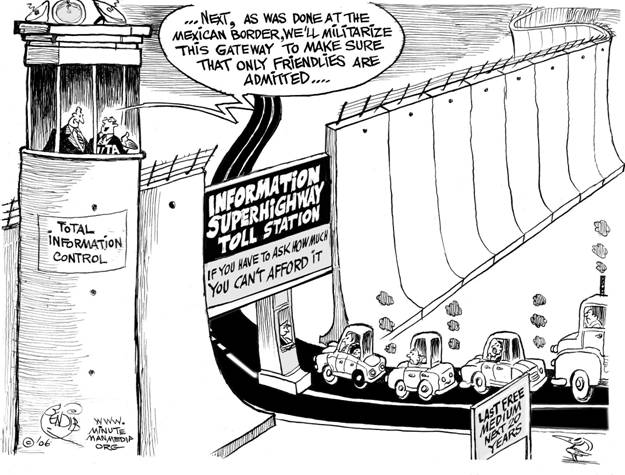LINK: Jonathan Martin - "our resistance, is repentance" →
There's a lot in this essay that I appreciated. There's a lot that frustrated me and that I disagreed with. It's also not the best writing that Martin has ever put forward. But I was moved by two points:
"The most basic terms of loving our neighbors as ourselves does not require theological degree—but a restoration of the sacrament of footwashing. If you deem Muslims as your enemy, your call as a disciple is to wash their feet. If you have thought LGBTQ folks are your enemy, your call is to wash their feet. If you think fundamentalist Christians are your enemy—and I am especially sympathetic to this view in the moment—your call is to wash their feet."
Years ago, a good friend of mine preached a sermon that I remember often: "The Master says 'Love'." His point was this: if you don't have love - or charity, for the KJV-only crowd - then everything else is nothing but empty religious pageantry. We're called to love our friends, love our families, love our neighbors, and the hardest part, to love our enemies.
Love without expecting anything in return. Love when people hate you for your beliefs. Love when they want to take away your rights. Love, and give, and be gracious, so that the religious elites look at you and say, "You're a friend to sinners and tax collectors." Love the way Jesus loved.
Martin goes on to say that we should have conversations with those with whom we disagree, we should invite them into community, not to normalize them, but to demonstrate the love of Christ. This means that conservative Christians should engage with liberals and sinners and progressives, and those of us who are frustrated by the Evangelical Right need to reach out to them, even when doing so is anathema. Martin says:
"But I will not have the terms of those conversations dictated to me by whatever was drafted in the smoky backroom by people who are mostly just mourning the loss of a civil religion I believe Christ came to overthrow, or from people who don’t know the devil when he’s kissing them hard on the mouth."
I believe Martin is wrong on some points in this essay, but he's spot on with his analysis of the pro-Trump evangelical right. Christianity has, for a long time, enjoyed a place of favor and privilege in the United States, and that has led to some really bad theology. It's also allowed folks to claim Christianity without any real sacrifice. I understand why the changes in our culture lately make some people uneasy, but at the same time, I can't help but feel like it's a good thing.
Martin's essay messy and a little disjointed. I also feel like he's conflating different, unrelated issues in his discussion of the hurricane, white supremacism, and the Nashville statement. But he's right about this. In the face of adversity, the Church needs to respond with love and kindness and grace and charity.





